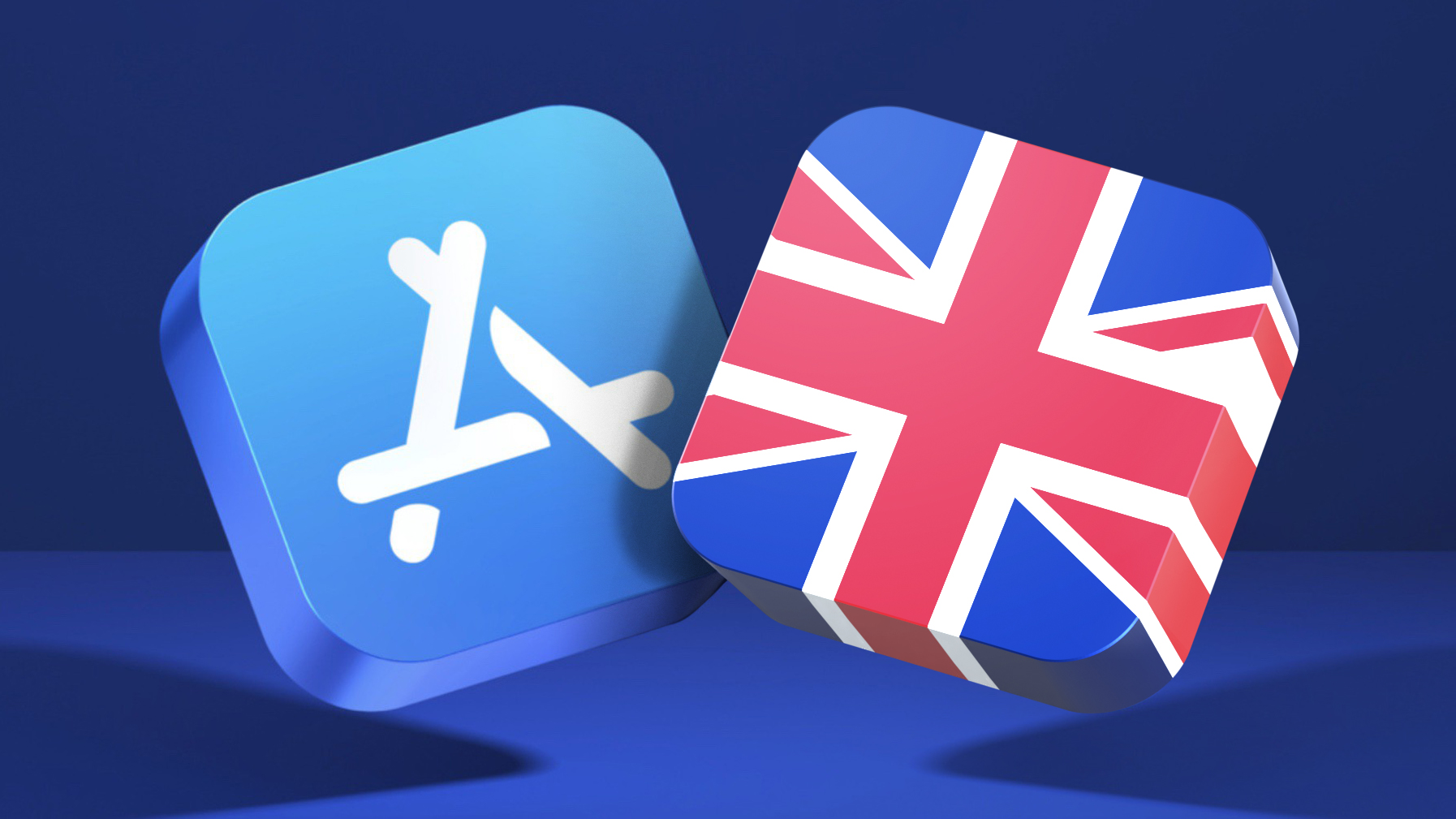![]()
A new legal case filed with the U.K.'s Competition Appeal Tribunal has accused Apple of breaching competition law by overcharging nearly 20 million customers for App Store purchases.
The collective action case alleges Apple's 30% commission on app sales and consumers' forced use of its own payment processing system generates "unlawfully excessive levels of profit," and calls for the company to compensate iPhone and iPad users in the U.K. for years of alleged overcharging, with damages of up to £1.5 billion being sought.
The collective action has been brought by Dr Rachael Kent, an expert in the digital economy and a lecturer at King's College, London, who claims that because the App Store is the only way to get apps on to an iPhone or iPad, it is acting like a monopoly.
In opt-out cases such as this, the claim can be brought on behalf of a defined group, and aggregate damages awarded to the group, without the need to identify all the individual claimants and specify their losses. Claimants within a class are automatically included in an action unless they take specific steps to opt-out.
On this basis, anyone in the U.K. who has bought paid apps, paid subscriptions, or other in-app purchases on an iPhone or iPad since October 2015 is included in the claim. The rest of the team behind the case includes law firm Hausfeld and Co and Vannin Capital. However, the collective action needs to be approved by the tribunal before proceeding.
Apple in a statement called the lawsuit "meritless."
The case echoes similar allegations made in the
ongoing legal battle between Apple and Epic Games, in which Epic alleges that the App Store and associated developer commission rates are anti-competitive and monopolistic.
In April, Apple was also
charged by the European Commission with abusing its dominant position in the music streaming market with regard to App Store rules on in-app payments. The charges followed a
complaint by rival streaming service Spotify.
Article Link:
UK Class Action Accuses Apple of Breaking Competition Law by Overcharging for Apps



